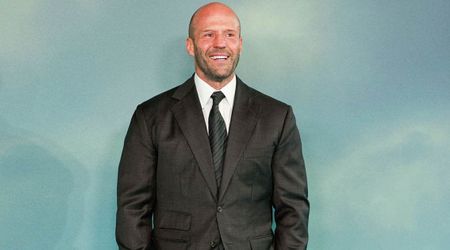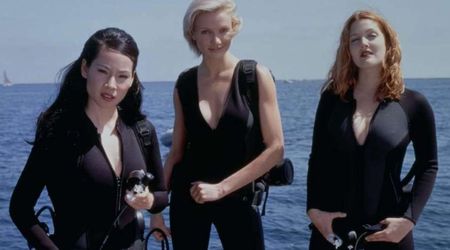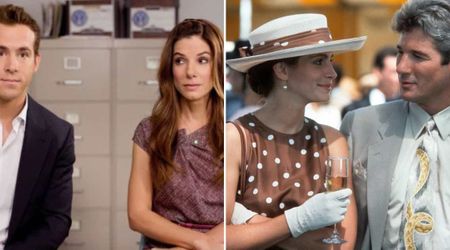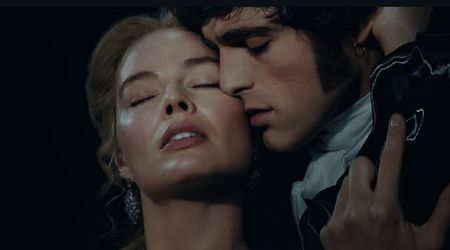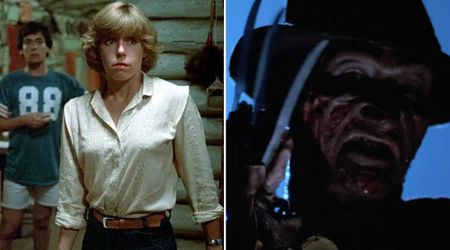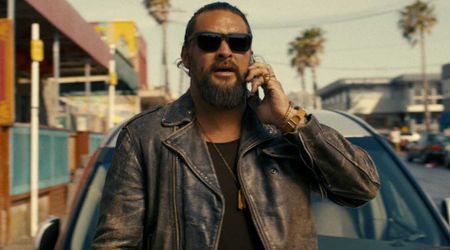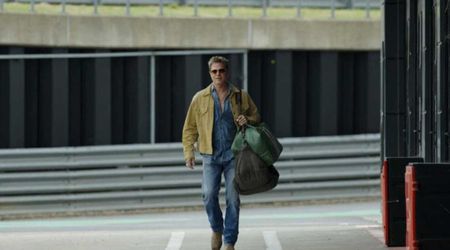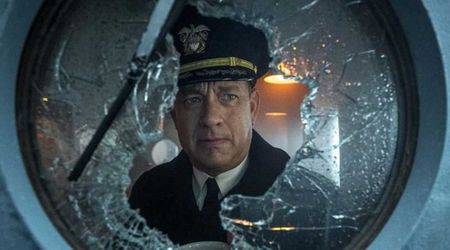'Rebecca': How Alfred Hitchcock and Daphne du Maurier came together to create the finest work of gothic cinema

When it came to gothic fiction, there were two clearcut winners in the 20th century — on the screen, it was Alfred Hitchcock, whose movies to this day are influential, and on paper, it was Daphne du Maurier, whose books have never gone out of print. Daphne's famed novel, 'Rebecca' is being adapted by Netflix with 21st-century iteration starring powerhouse names such as Armie Hammer and Lily James.
This is not the first time 'Rebecca' has been adapted. Hitchcock's adaptation of the novel back in 1940 starring Laurence Olivier and Joan Fontaine was so good that it won two Academy Awards — one for Best Picture and one for Best Cinematography. Certainly, the Netflix adaptation has a lot to live up to should it want to match the dream team combination of Hitchcock and Daphne.
The du Maurier-Hitchcock collaboration goes beyond Daphne. Hitchcock was a frequent collaborator with Gerald Du Maurier, Daphne's father, who was a celebrated stage actor known for originating the dual roles of Captain Hook and Mr Darling in JM Barrie's play, 'Peter Pan'. Gerald's friendship with Hitchcock brought about their onscreen collaboration with 'Lord Camber's Ladies' which was produced by Hitchcock and directed by Benn Levy.
However, it was with Gerald's daughter that Hitchcock would go on to create more famed works with that would delineate between his works in British and American cinema. The first of Daphne's adaptations that Hitchcock directed was 'Jamaica Inn'.
While the book itself held all the foundations for 'Rebecca', the movie was a disappointment to both Hitchcock and Daphne, on account of the script being doctored so much by actor Charles Laughton. Laughton had bought the rights to the adaptation of 'Jamaica Inn' and used it to launch himself into the spotlight. As a result, the 'Jamaica Inn' adaptation failed to ruffle any feathers.
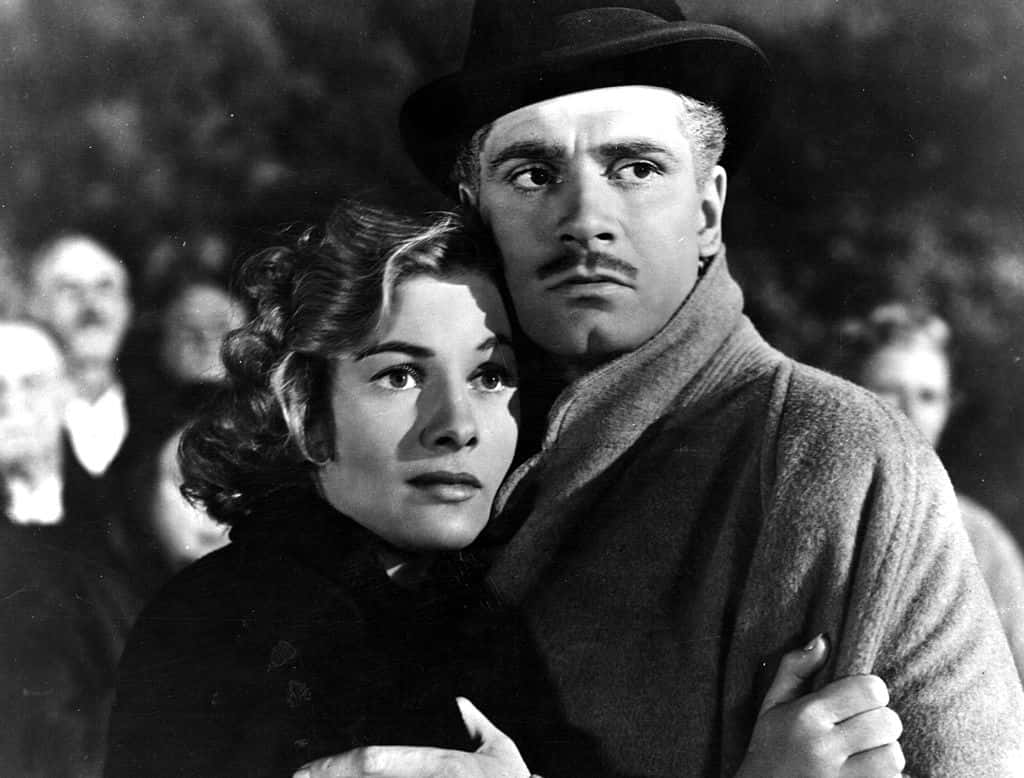
However, on the set of 'Jamaica Inn', Hitchcock was reading the advanced copy of Daphne's 'Rebecca' and with producer David O Selznick, decided to adapt it. This time, Hitchcock exercised a deeper control over the making of the film, though Selznick pressured Hitchcock to remain truer to the source material than to play around with it too much.
Hitchcock also managed to create some tension for Joan Fontaine who plays Mrs de Winter by pointing out that her co-star Laurence Olivier wanted someone else (his partner at the time, Vivien Leigh) for the role. 'Rebecca', as mentioned before, went on to become one of Hitchcock's best-known works.
There would only be one more of Daphne's novels that Hitchcock would go on to adapt — 'The Birds'. That movie was so well-received that it was chosen by the United States Library of Congress for preservation in the National Film Registry.
Of course, while Hitchcock would not adapt any more of Daphne's works, her influence on his filmmaking style was clear, even if Hitchcock himself would not admit to it. His later films like 'Suspicion' (1941) and 'Vertigo' (1958) both featured elements that were clearly influenced by the gothic grandeur, suspense and psychology of 'Rebecca'.
'Rebecca' will be available to stream on Netflix on Wednesday, October 21, at 12 am PST.

